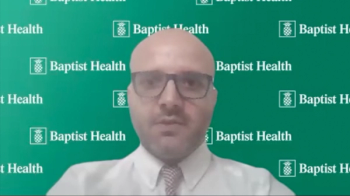
Decreasing the low-dose bath of proton therapy to the body may limit the impact of radiation on lymphocytes and affect tumor response.

Your AI-Trained Oncology Knowledge Connection!


Decreasing the low-dose bath of proton therapy to the body may limit the impact of radiation on lymphocytes and affect tumor response.

According to Eyub Akdemir, MD, reducing EDIC may be feasible without compromising target coverage to reduce anticipated lymphopenia rates.

A novel cancer database may assist patients determine what clinical trials they are eligible to enroll on and identify the next best steps for treatment.

Researching the feasibility of consolidating extensive information into a unified cancer database is the “tip of the iceberg”, said Leila Tchelebi, MD.

An easy-to-access database allows one to see a patient’s cancer stage, prior treatment, and survival outcomes in a single place.

A consolidated database may allow providers to access information on a patient’s prior treatments and genetic abnormalities all in 1 place.

A study presented at ASTRO 2025 evaluated the feasibility of using a unified cancer database to consolidate information gathered across 14 institutions.
![Radiotherapy is a very evidence-based subject. We can tell quite accurately how well we think [a patient] is going to do.](https://cdn.sanity.io/images/0vv8moc6/cancernetwork/eecaffda6ab0cbb4f4463586ace2f199eeefa8bf-400x401.jpg?w=350&fit=crop&auto=format)
Compared with 25 years ago, radiotherapy is much more personalized and targeted, thus reducing the strain on patients with cancer.

Imaging developments have made it possible to detect nodal recurrence at low PSA levels, which could help guide salvage approaches for prostate cancer.

Twice-daily radiotherapy prolongs survival vs once-daily radiation among those with LS-SCLC, even with the incorporation of immunotherapy.

Less lymphocyte depletion with twice-daily radiotherapy warrants further assessment to optimize the synergistic effect of radiotherapy and immunotherapy.

Twice-daily thoracic radiotherapy appeared to confer less leukocyte and lymphocyte depletion compared with once-daily radiation in LS-SCLC.

The RadComp Consortium trial showed comparable HRQOL between proton and photon therapy for patients with non-metastatic breast cancer.
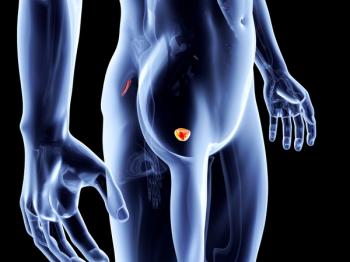
SBRT achieved a 5-year DFS rate of 89% vs 92% with moderately hypofractionated IMRT in patients with intermediate-risk prostate cancer.

The clinical adoption of twice-daily accelerated radiotherapy has been limited in North America despite improved outcomes, according to Bin Gui, MD.

Long-term data from the STARS trial affirm stereotactic radiation as a strong alternative to surgery for patients with operable stage I NSCLC.

The efficacy of TTFields was greater among patients who received immune checkpoint inhibition for the treatment of brain metastatic NSCLC.
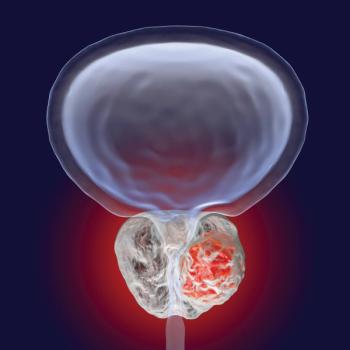
The addition of 177Lu-PNT2002 did not significantly increase toxicity in patients with oligorecurrent prostate cancer who received SBRT.

No toxicity-related discontinuations were seen with adjuvant radiotherapy among patients with muscle-invasive bladder cancer.
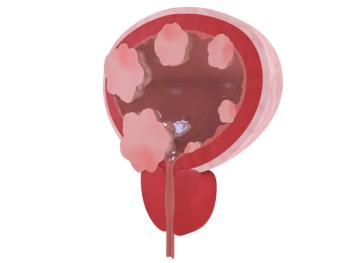
Apalutamide plus stereotactic radiotherapy may be effective for certain patients with recurrent prostate cancer following radical prostatectomy.
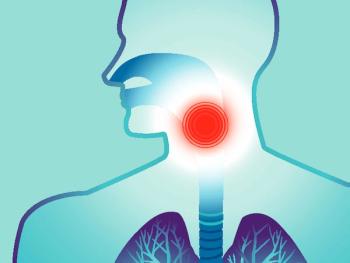
Regarding feeding tube use and weight loss, patients with oropharyngeal cancer treated with proton beam therapy or IMRT saw similar results.
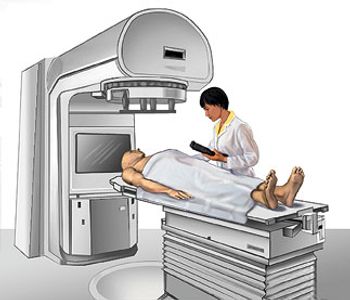
ASTRO assembled a task force to create a guideline for the administration of palliative external beam radiation therapy for patients with symptomatic bone metastases.

Patrick Oh, MD, highlights next steps for further research in treating patients with systemic therapy in addition to radiotherapy for early-stage NSCLC.

Increased use of systemic therapies, particularly among patients with high-risk node-negative NSCLC, were observed following radiotherapy.

Heather Zinkin, MD, states that reflexology improved pain from chemotherapy-induced neuropathy in patients undergoing radiotherapy for breast cancer.

A prospective trial may help affirm ctDNA as a non-invasive option of predicting responses to radiotherapy among those with gynecologic cancers.

Interest in novel therapies to improve outcomes initiated an investigation of the use of immunotherapy in early-stage non-small cell lung cancer.

ctDNA reductions or clearance also appeared to correlate with a decrease in disease burden during the pre-boost phase of radiotherapy.

Offering certain radiotherapy modalities based on disease burden may play a role in the outcomes of those with ES-SCLC, according to James Ninia, MD.

Investigators evaluated ctDNA as a potentially noninvasive method to predict response to radiotherapy among those with gynecologic malignancies.